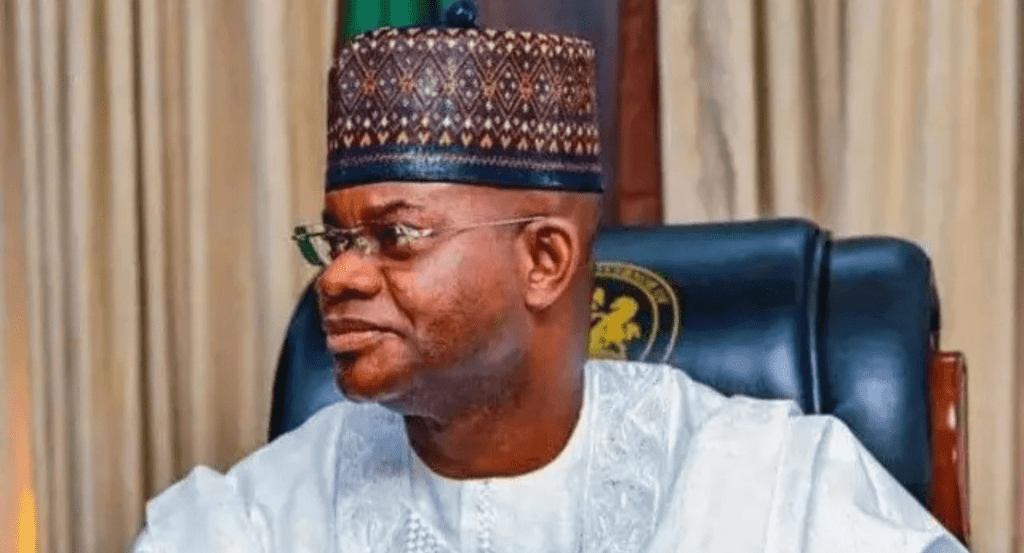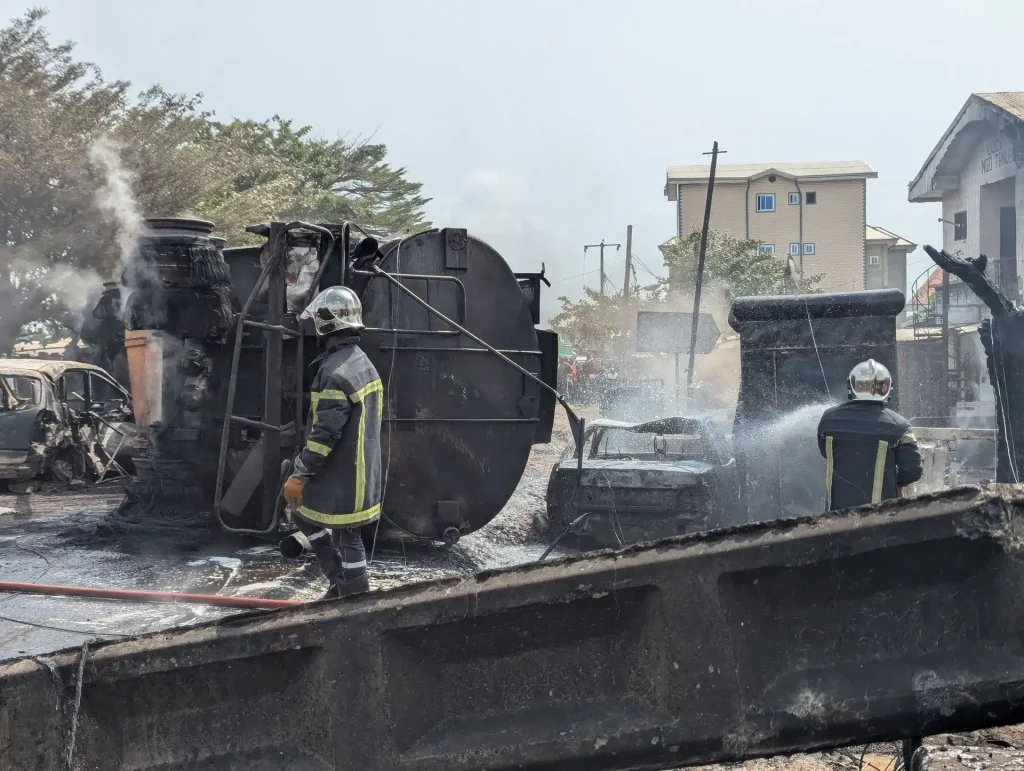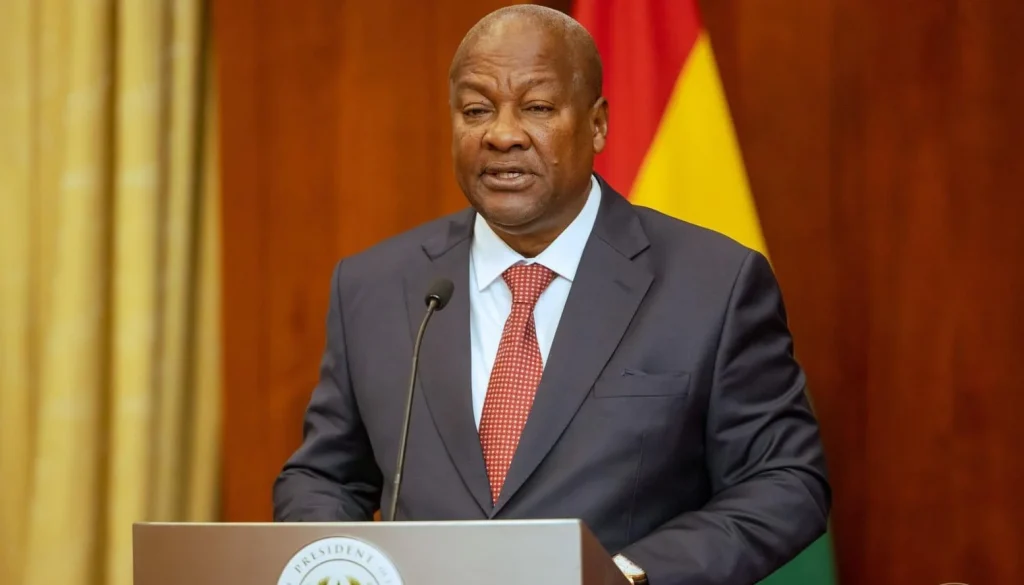Former Kogi State Governor, Yahaya Bello, has been granted bail in the sum of ₦500 million following his arraignment by the Economic and Financial Crimes Commission (EFCC) on 19 counts of alleged fraud involving ₦80.2 billion.
Bello appeared before Justice Obiora Egwuatu at the Federal High Court in Abuja on December 13, 2024, where he pleaded not guilty to all charges. The EFCC accused him of misappropriating public funds during his tenure as governor of Kogi State, highlighting violations of trust and abuse of office.
Justice Egwuatu granted Bello bail on stringent conditions, which include providing two sureties who must each own properties within the Federal Capital Territory (FCT). The properties must be verified and valued at an amount not less than the bail sum. Bello was also required to deposit his international passport with the court, ensuring he remains within the country during the trial.
The EFCC’s case against Bello outlines financial improprieties during his tenure, which allegedly involved mismanagement and embezzlement of state funds. According to the commission, the charges span 19 counts, including fraudulent misappropriation and money laundering.
Bello’s defense team, led by Ahmed Raji (SAN), maintained that the former governor is innocent and that the charges are politically motivated. Raji argued for bail, citing Bello’s history of cooperation with law enforcement and his willingness to appear in court for the trial.
The prosecution, represented by Rotimi Oyedepo, opposed the bail application, raising concerns that Bello might interfere with witnesses or abscond if released. However, the judge ruled that the prosecution failed to provide sufficient evidence to justify denying bail.
The court has adjourned the case for further proceedings, where the prosecution will present its evidence against Bello. The trial is expected to draw significant public and political attention, given the magnitude of the alleged fraud and Bello’s political prominence.
This case adds to a growing list of high-profile corruption trials in Nigeria, with many citizens watching closely as the judiciary addresses allegations of financial misconduct among political leaders.























